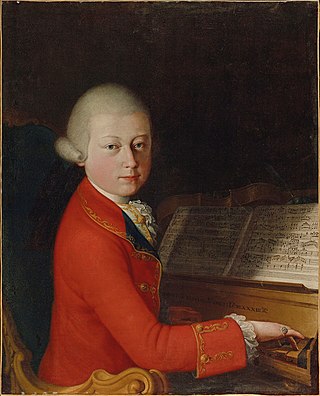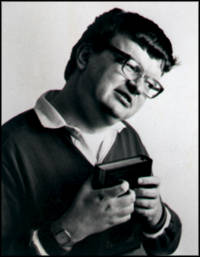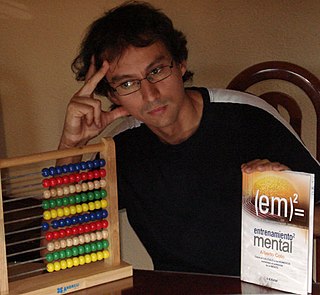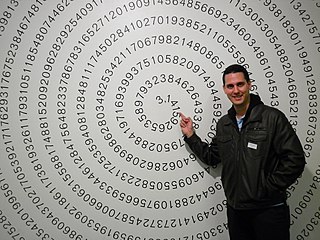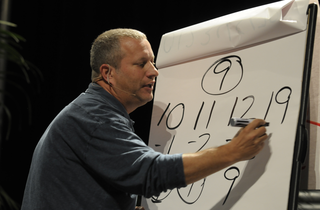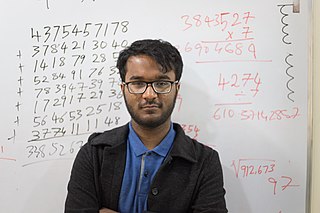Other
In the 1988 movie Rain Man , Raymond Babbitt, who has savant syndrome, can mentally calculate large numbers, amongst other abilities.
Andrew Jackson "Slipstick" Libby is a calculating prodigy in Robert A. Heinlein's Sci-Fi story Methuselah's Children .
In the USA Network legal drama Suits , the main character, Mike Ross, is asked to multiply considerably large numbers in his head to impress two girls, and subsequently does so.
In Haruki Murakami's novel Hard-Boiled Wonderland and the End of the World , a class of mental calculators known as Calcutecs perform cryptography in a sealed-off portion of their brains, the results of which they are unable to access from their normal waking consciousness.
In the Fox television show Malcolm in the Middle , Malcolm Wilkerson displays astounding feats of automatic mental calculation, which causes him to fear his family will see him as a "freak", and causes his brother to ask, "Is Malcolm a robot?".
In the 1991 movie Little Man Tate , Fred Tate in the audience blurts out the answer during a mental calculation contest.
In the 1990s NBC TV sitcom NewsRadio , reporter/producer Lisa Miller can mentally calculate products, quotients, and square roots effortlessly and almost instantly, on demand.
In the 1997 Sci-Fi thriller Cube , one of the prisoners, Kazan, appears to be mentally disabled, but is revealed later in the film to be an autistic savant who is able to calculate prime factors in his head.
In 1998 Darren Aronofsky's film Pi , Maximillian Cohen is asked a few times by a young child with a calculator to do large multiplications and divisions in his head, which he promptly does, correctly.
In 1998 film Mercury Rising , a 9-year-old autistic savant with prodigious math abilities cracks a top secret government code.
In the 2006 film Stranger than Fiction , the main character, Harold Crick, is able to perform rapid arithmetic at the request of his co-workers.
In the 2007 sitcom The Big Bang Theory , the main character, Sheldon Cooper, calculates numbers and solutions in his head for his theoretical physics research.
In the 2008 show Breaking Bad , the main character, Walter White, is shown to calculate most of the numbers to his deals, such as profit and production costs, purely within his head.
In the 2009 Japanese animated film Summer Wars , the main character, mathematical genius Kenji Koiso, is able to mentally break purely mathematical encryption codes generated by the OZ virtual world's security system. He can also mentally calculate the day of the week a person was born, based on their birthday.
In another Fox television show, Fringe , in the third episode of the third season, Olivia and her fellow Fringe Division members encounter an individual with severe cognitive impairment who has been given experimental nootropics and as a result has become a mathematical genius. The individual is able to calculate hundreds of equations simultaneously, which he leverages to avoid being returned to his original state of cognitive impairment.
In the 2012 film Safe , a female child math genius is kidnapped to be used by the Chinese Triad.
In the 2014 TV series Scorpion , Sylvester Dodd, a gifted mathematician and statistician with an IQ of 175; he is described as a "human calculator".
In the 2016 film The Accountant , Christian Wolff is a high-functioning autistic man who tracks insider financial deceptions for numerous criminal organizations.
In the 2017 film Gifted , an intellectually gifted seven-year-old, Mary Adler, becomes the subject of a custody battle between her uncle and grandmother.
In 2020, an eponymous film Shakuntala Devi on the life of Indian mathematician, writer, astrologer and mental calculator Shakuntala Devi.


